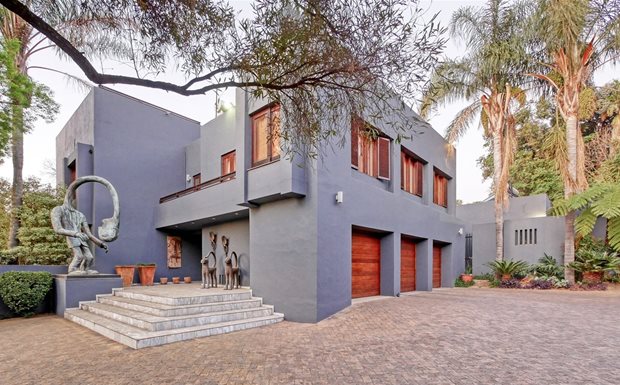The economic heartland of the country continues to see the largest influx of people which is driving higher demand for rental accommodation. Aside from entry-level rentals, people often move up the earnings ladder and then move to better rental houses and suburbs which creates economic value across the rental market, according to the Seeff Property Group.

Source: Supplied.
Financial considerations and affordability is often the primary reason for rentals, but Seeff’s agents note that there are many other reasons. The rental market is diverse in terms of properties available for rent as well as price points.
Despite the buoyancy, rental rates have remained relatively flat over the last few years. According to PayProp data for example, residential rentals across Gauteng escalated by just 3.6% YoY in the last quarter of 2024 which lagged behind the December inflation rate of 5.1%. This was only slightly behind the 3.9% growth in the Western Cape and notably better compared to the 1.4% for KZN.
The monthly average rent for Gauteng per PayProp stands at around R8,864 per month. This is only marginally higher than the R8,755 of KZN, but notably cheaper compared to the R10,118 of the Western Cape. That said, there are many affordable areas across the Gauteng metro areas with lower average rentals.
Despite the economic pressures, Gauteng’s tenant arrears improved last year with only around 15.7% behind in their rent as at the last quarter, well below the national average. That is also lower than the 19.8% for KZN, but slightly higher than the 14.3% for the Western Cape.
Secure properties in complexes and estates are now the most popular rental, but freestanding family houses remain in high demand, especially in the upper income areas of Pretoria and Sandton/Johannesburg North. Access to schools, amenities and transport networks are important considerations for tenants according to Seeff.
Pretoria East is for example hugely popular with family and high-end corporate and ambassadorial tenants, but there are also areas where students and new job market entrants look for rental property, according to PG van der Linde, rental manager for Seeff in the area.
Rental market trends and insights
The rental market was buoyant last year, and the outlook remains positive. He says that demand will only likely start dipping once the interest-rate reductions come into effect. The average rental of around R12,000 per month is the most popular. High-end homes in suburbs such as Waterkloof, Mooikloof and Woodhill can reach up to R50,000 per month and up to R55,000 to R79,300 in the Woodhill Golf Estate.
Caché Pasqualle, rental manager for Seeff Sandton says the more affordable price range of R10,000 to R15,000 per month remains the most active in the Sandton/Johannesburg North area. Exclusive suburbs such as Hurlingham attract upper-income tenants who are paying up to R45,150 and in Hyde Park, up to R60,000 to R92,250.
Pasqualle says many want to live in the northern suburbs for reasons such as business, but also for the status and lifestyle that it offers with excellent proximity to top amenities and private schools. Those who cannot afford to buy will then rent until they are financially able to purchase.
Randburg: A hub for middle-class tenants
Randburg remains hugely popular with middle-class tenants due to its centrality and affordability. John O'Reilly, rentals manager for Seeff Randburg says 2023 was a high-demand year with a good consistent supply of rental properties. They expect further growth this year.
The average and most popular rental rate is R7,000 to R14,000 per month. Top-end houses in suburbs such as Randpark Ridge can reach up to R22,000 to R25,000 per month, and R24,000 for a family home in the heart of Ferndale which is on the border of Bryanston.
The East and West Rand areas along with Johannesburg South offer excellent affordability in the R7,000 to R14,000 per month range, according to Seeff’s branches. Sectional title and security complexes tend to be the most in demand.
Soweto remains one of the most accessible and affordable neighbourhoods for tenants, according to Khosi Sibiya and Phindi Mphahlele, licensees for Seeff in the area. In Protea Glen you can, for example, find one-bedroomed cottages for just R1,800 to R2,500 and two-bedroomed houses for R3,500 to R4,000 depending on the location and finishes. Houses with more space are renting out for R5,000 to R8,000 per month.
It is a great area for affordability and these days Soweto is a popular residential neighbourhood for its excellent amenities, and access to schools and transport, say Sibiya and Mphahlele. It is also popular for student rentals due to the proximity to Wits and UJ, and medical staff associated with nearby hospitals. Tenants who start out renting are often later able to buy in the area as their economic circumstances improve.
































